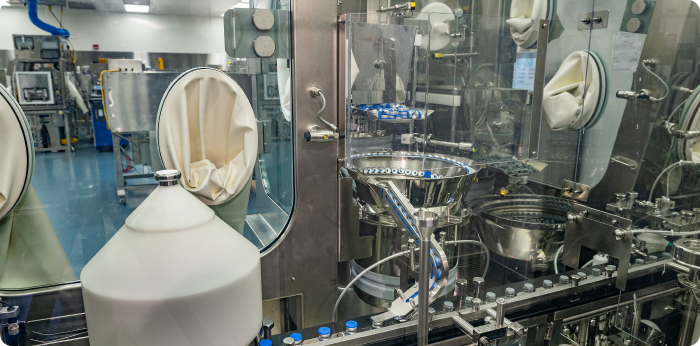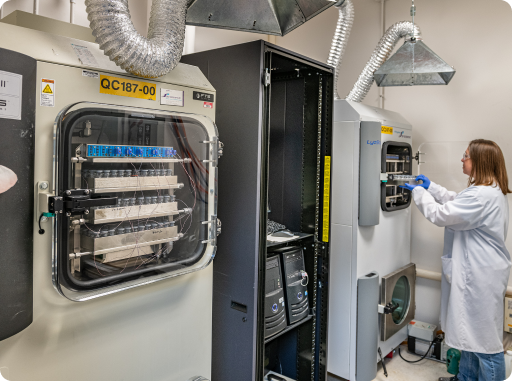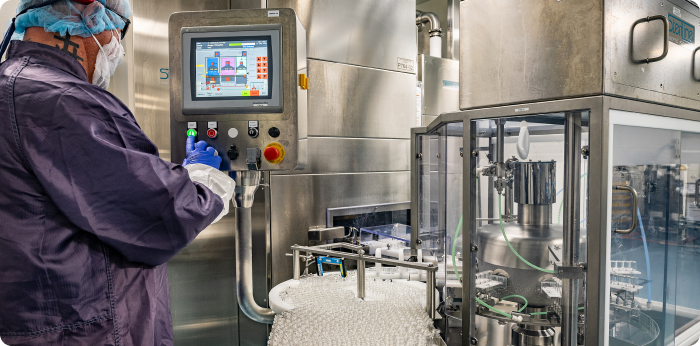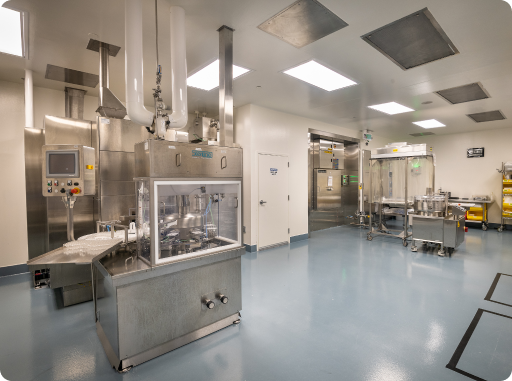
search
Jul 25, 2025


Sterile injectables manufacturing is critical in delivering safe and effective parenteral drugs, especially as the demand for these products rises. Ensuring quality control and compliance is paramount, as these factors are essential in preventing contamination and ensuring drug stability. The need for robust sterile injectable manufacturing processes has become increasingly apparent with the growing use of biologics, vaccines, and complex formulations. This environment necessitates rigorous quality measures to guarantee patient safety and product efficacy.


Quality control in sterile injectables is vital for ensuring sterility, purity, and efficacy. The potential risks associated with contaminated injectables can have severe consequences for patients, making it imperative that manufacturers adhere to strict regulatory guidelines set by agencies like the FDA, EMA, and WHO. These guidelines outline the standards for injectable formulations, emphasizing the necessity of advanced filtration, sterilization, and aseptic processing techniques.
Employing effective quality control measures in sterile injectables manufacturing helps mitigate risks and ensures that products meet the required safety and efficacy standards. As the landscape of drug dosage forms evolves, maintaining stringent quality protocols becomes increasingly vital, particularly in biologics and other complex drug delivery systems.


Aseptic processing and sterile filtration are crucial quality control measures to prevent microbial contamination during manufacturing. Cleanroom facilities are essential for maintaining sterility, requiring rigorous environmental monitoring and contamination control. This involves regular testing and maintenance to preserve the sterile environment throughout production.
Endotoxin and particulate testing are additional measures that help maintain sterility standards in sterile injectables. These tests detect pyrogens or contaminants before the drug reaches the market. Batch release testing and real-time monitoring further contribute to consistent quality, allowing manufacturers to identify and rectify issues ly.
Compliance with Good Manufacturing Practices (GMP) is a fundamental requirement for sterile injectables. These practices ensure that all aspects of the manufacturing process meet the necessary safety and quality standards. Data integrity and thorough documentation are crucial in maintaining compliance with regulatory standards, as these elements provide transparency and accountability.
Regulatory authorities routinely inspect and validate manufacturing facilities to ensure they adhere to established guidelines. The role of Contract Development and Manufacturing Organizations (CDMOs) and oral solid dosage manufacturing companies is significant in this context, as they often lead the way in ensuring compliance with the stringent requirements for sterile injectables.


Despite the importance of quality control and compliance, several challenges persist in sterile injectables manufacturing. The high costs of maintaining sterile facilities and cleanroom environments can be prohibitive for many companies. Furthermore, the increasing complexity of biologics and advanced injectable formulations makes manufacturing difficult.
Ensuring continuous process validation and keeping up with regulatory updates also pose significant challenges. As regulations evolve, manufacturers must adapt their processes to remain compliant, necessitating ongoing training and investment in new technologies.
Quality control and compliance in sterile injectables manufacturing are of the utmost importance. These elements are crucial for ensuring safety and efficacy in injectable formulations, particularly as the market increasingly shifts toward biologics and complex drug delivery systems. Innovation, automation, and regulatory alignment are essential for overcoming the challenges faced in this sector. Pharmaceutical companies and CDMOs are encouraged to invest in cutting-edge sterile manufacturing technologies to enhance quality control measures and ensure compliance with evolving regulations, ultimately benefiting patients and the healthcare system.
